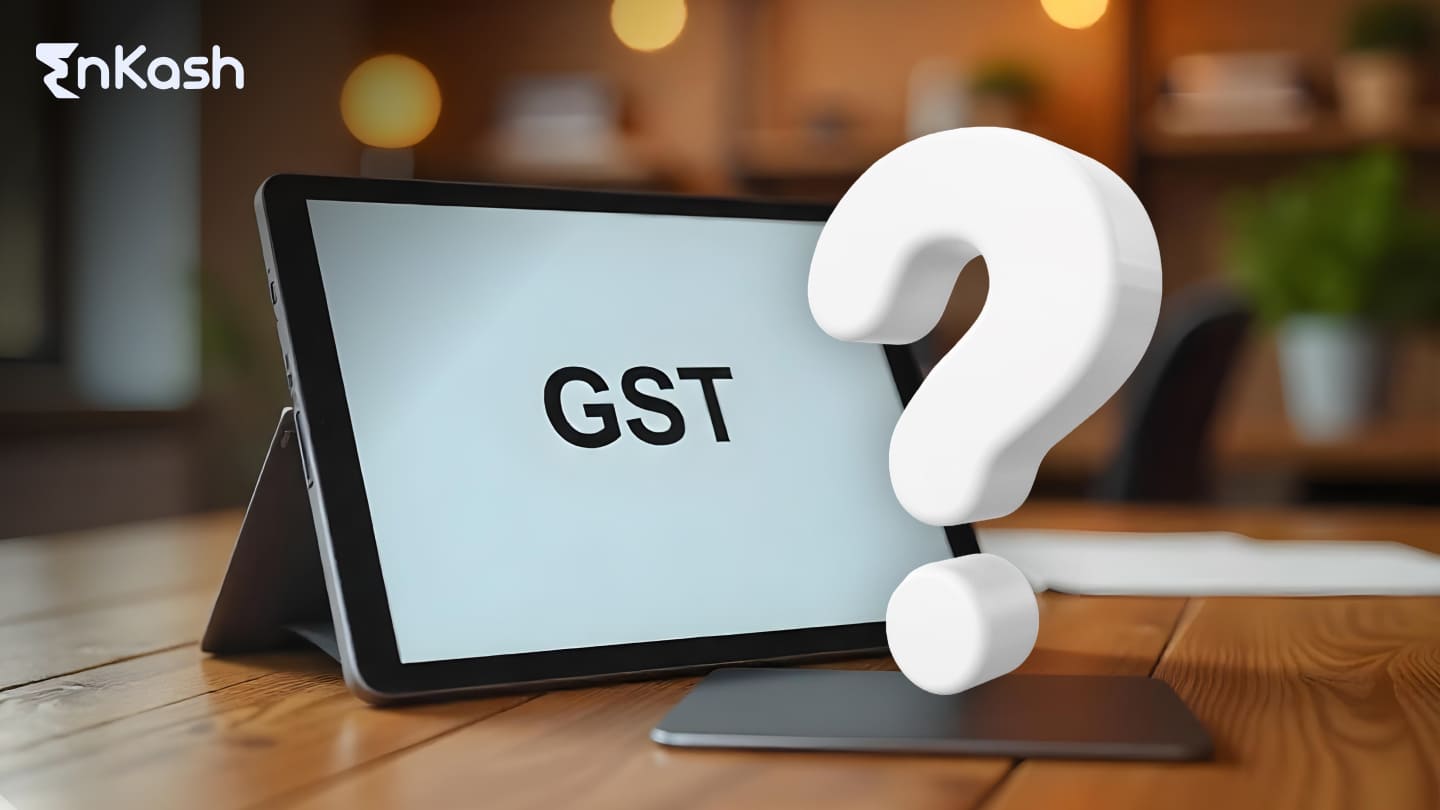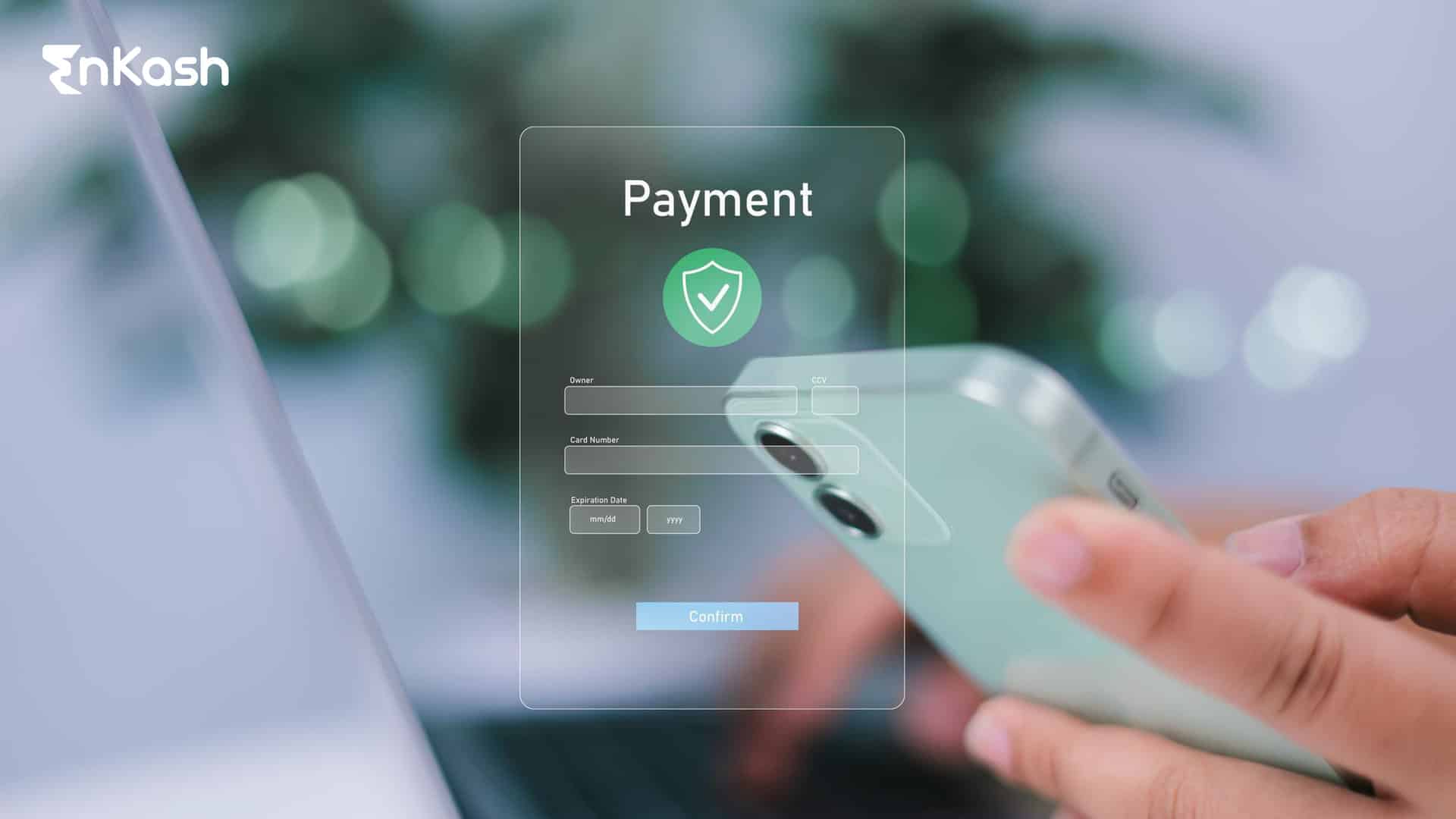A fake GST number is any GSTIN that is not assigned to a business at all. Such numbers are used by fraudulent businesses to evade taxes, illegally sell goods, and issue fake invoices to their customers to defraud them. By using the same, the person or the company can claim an Input Tax Credit (ITC), which is the major part of a business where the amount paid as tax can be claimed back from the government.
However, a fake GSTIN issued by fraudsters may lead to financial loss and even imprisonment. Therefore, it is important to verify GSTIN. The GST portal is the official platform from where businesses can search GST numbers, besides other tools available online. Any person or business who has dealt with a fake GSTIN and has addressed any concern should report the matter to the appropriate authorities..
What is a Fake GST Number?
A fake GST number is a GSTIN that is being used without authorization. Fake GST numbers harm the economy and tax authorities by pretending to be legitimate and adhering to GST regulations but ultimately violating them.
Common Uses of Fake GST Numbers
- Generating a Fake Invoice: Goods or services are often invoiced using fake GST numbers. In some cases, the fraudster might collect taxes without remitting them to the government or might claim false input tax credit on fake invoices.
- Misuse of Legitimate GSTINs: A business entity may use another’s legal GSTIN, causing anomalies in returns filing and problems for the real owner (especially in regards to claiming ITC).
- Tax Evasion: Using fake GST numbers, either by not registering or through incorrect numbers, fraudsters can misrepresent their actual turnover.
Read More: Types of GST Returns
How Fake GST Numbers Are Created
Fraudsters either create valid-looking GSTINs or use retired numbers from dormant businesses. They may also swap the digits in a valid GSTIN. They hope their victims and regulators won’t check the GSTIN properly.
Implications
The use or acceptance of a fake GST number incurs stiff penalties under the law. It includes heavy fines, prosecution, and even imprisonment. There are also financial losses due to refused ITC claims and businesses dealing with fake GST numbers are in danger of losing their reputation.
Catching these numbers quickly and preventing them from posing a business threat is crucial for complying with this tax law and securing the finances of your business from the start.
How to Verify a GSTIN?
It is a general practice for businesses and individuals to cross-check GST numbers and verify GSTIN to avoid scams or chances of tax fraud. You can check a fake GST number and verify GSTIN by following the below-mentioned steps.
1. Verify GSTIN Using the GST Portal
The best and only way to confirm a given GSTIN is through the official GST portal (gst.gov.in), which offers a simple tool to check any GSTIN for its validity and authenticity.
Steps to verify GSTIN on the GST portal:
- Go to gst.gov.in.
- On the home page, under the “Search” menu, click on “Search Taxpayer.”
- Enter the 15-digit GSTIN you want to verify.
- You will be shown the name of the company, whether it’s registered or not, and other relevant information.
If the information matches the details of the business as shown on the portal, the GSTIN is genuine. However, if it does not match, or if no information is found, the digits might be a fake GST number.
2. Use Third-Party GST Verification Tools
Other than the GST portal, several third-party websites also have GSTIN verification tools. These tools can be used to cross-check GST numbers.
There are many check verification tools on websites of trusted entities that gather GST data to conduct quick searches (with your business name) for you. Make sure that these third-party tools draw data directly from the official GST portal to ensure that they’re accurate.
3. Understand the Structure of a GSTIN
- All types of GSTIN have a 15-digit format. A legitimate GSTIN has:
- First two digits: Represent the state code according to Indian state/union territories.
- Next ten digits: The business’s Permanent Account Number (PAN).
- 13th digit: Indicates the number of GST registrations the entity has within the state.
- 14th digit: Usually, the letter Z.
- 15th digit: A check code used for error detection.
4. Cross-Check Business Details
The GSTIN should be cross-checked on the GST portal. If the GSTIN is valid but the business name displayed does not match the name of the supplier, it could mean that the number is being misused or fraudulently used.
5. Check for Suspended or Deregistered GSTINs
A suspended or deregistered GSTIN can appear on invoices even though the number is no longer active. The GST portal shows the current status of the GSTIN, and the user can check if the business is actively registered. Once a GSTIN is deregistered, it can’t be used to issue invoices or engage in transactions.
Read More: GST State Code List
How to Check Fake GST Numbers?
It is very common for fraudsters to create a fake GST number. The method for checking a fake GST number is the same as verifying a GST number. Let’s learn that below.
- Check for Structural Errors: Each GSTIN follows the same structure. It has a State Code, PAN, registration number, and check digit. If you find a GSTIN that does not follow this structure, it’s most likely to be a fake GST number.
- Verify the Business Details on Invoices: Carefully check the details on the invoice, in particular the business name, GSTIN, and address. Verify the details with the official GST portal or any third-party verification tool.
- Monitor Supplier’s GST Filing Patterns: A regular supplier who suddenly stops filing their GST returns or fails to provide a valid tax invoice to you could be using a fake GST number. Businesses should also keep a record of the filing of GST returns by their supplier.
- Use Multiple Verification Tools: The more platforms you use to verify a GST number, the better the probability that it’s real.
- Check for Business Registration Status: A defrauded business can have its number suspended and deregistered and still use these numbers to issue fake invoices. The official GST portal will let you know the current registration status of a GST number.
Read More: GST Payment
What to Do If You Encounter a Fake GST Number?
It is important for both businesses and consumers to take immediate action to bring the fake GSTIN to the notice of the government authorities and, by doing so, prevent financial and legal woes. Here is what you must do if you come across a fake GST number.
- File a Fake GST Number Complaint
- Inform Your Local GST Office
- Collect and Preserve Evidence
- Communicate with the Business
- Understand the Legal Significance of Fake GST Numbers
Read More: GST Registration Requirements
How Do You File a Fake GST Number Complaint?
Filing a fake GST number complaint is of utmost importance when you encounter a fraudulent GSTIN. These are the steps that you’ll need to take in order to lodge a complaint to the GST portal if you come across a fake GST number:
Steps to File a Fake GST Number Complaint on the GST Portal
Follow the steps below:
-
- Visit the GST official website (gst.gov.in).
- On the opening page, select the ‘Help and Taxpayer Facilities’ link and then click on ‘Complaints.’
- You will be directed to a form where you can report suspicious GST numbers.
- Provide all the necessary details, such as the fake GSTIN, name of the business, invoice details, transaction records, and any other document that may show the misuse of a GSTIN.
- Fill in the details, submit the complaint, and make a note of the complaint reference number so you can contact them again.
What Information is Required for a Complaint?
If you want to report a fake GST number to the department, here is the information that you need:
Provide the fraudulent or suspicious GSTIN that you have encountered. This will also include the name of the business that is giving out the fake GST number.
Provide copies of any invoices issued with the fake GST number, as well as other transaction details that prove your complaint.
Describe the problem, explaining why you think the GSTIN is fake.
Reporting Through Local GST Offices
Besides registering a complaint on the GST portal, you can also file a complaint with the local GST office or the GST commissioner’s office. And if you lodge a complaint there, make sure that you have all the documents, like invoices, emails, receipts, etc., handy.
Following Up on the Complaint
Once you have registered your complaint, you can follow up with the police and track the progress of the investigation. You can check the status of your complaint online by using the complaint reference number. To do that, go to the GST portal and click on ‘Help and Support.’
How the GST Authorities Handle Fake GST Number Complaints
Once a complaint is filed, the GST authorities will conduct a probe, and if the complaint is found to be true, the authorities can take the following actions:
- Audit: Authorities may conduct a periodic audit of the business to ensure that it is complying with GST laws.
- Suspension of GST registration: If the GST number is bogus, the business’s registration shall be suspended or canceled.
- Loss of Business: In the worst cases of tax fraud, the business concerned will be taken to court and will have to deal with fines, penalties, and even prison sentences.
Conclusion
Verification of GSTINs is a very important step that businesses and individuals need to follow every time they engage in transactions with other entities under India’s GST regime. A fake GST number can cause financial losses, legal problems and a breakdown in business operations. Regularly checking GST numbers and following a structured process can provide you with all the benefits of GST as well as protect you from fraud, aid in compliance, and maintain healthy tax practices.
If a fake GST number is identified, and in such cases, the businesses must lodge an instant complaint either by using the GST portal or to the local tax department. This will lead to strict action against the person who committed the fake GST number.
FAQs
Why is verifying a GSTIN important for claiming Input Tax Credit (ITC)?
There are various reasons behind the need to verify a GSTIN. The major one is the ability to claim Input Tax Credit (ITC) which is dependent on transactions with GST-registered businesses only. If a fake GST number issues an invoice, the buyer might lose the entitlement to claim ITC. The penalty rates of non-compliance are also higher and appear during a tax audit.
What should I do if I unknowingly claim ITC using a fake GST number?
If you somehow used a fake GST number to claim ITC, you should immediately contact your tax consultant and file a correction with the GST authorities. You may have to reverse the claim and pay any tax dues with interest. Proactively take this step to avoid fines or audit notices down the road.
Can a deregistered GST number still be used for transactions?
No, upon deregistration, any GST number becomes inactive and cannot legally be used for transactions by the business. If any entity is using a deregistered GST number, it is a fraud. Always check the status of your GST number before accepting any invoices since using an inactive GST number will lead to denied ITC claims and tax liabilities.
What are the risks of dealing with businesses that frequently change their GST numbers?
Frequent changes in GST numbers may indicate that the entity is involved in tax evasion and fraud. This may indicate an attempt to tamper with the tax return.
How can I verify if a GST number belongs to a blacklisted business?
A business that is blacklisted will be one that has been flagged for non-compliance or fraud by the GST authorities. The GST portal doesn’t directly say whether a business is blacklisted, but you can check if a GST number is active or not. If the status is showing as ‘suspended’ or ‘cancelled,’ then there might be an issue but check if the business has stopped filing returns or paying taxes, which may hint that it is blacklisted.
Can a GSTIN be cloned, and how can I detect it?
Yes, cloning of a GSTIN is done by fraudsters who copy a genuine GST number on an invoice and use it to issue fake invoices. This process is difficult to detect without verification. One way to determine if the GSTIN is cloned is to check the details of the business name, location, and transaction details on the GST portal. If the details do not match the records, it could be that the GSTIN is a cloned or misused GSTIN.
How does the GST portal help detect multiple registrations under a single PAN?
The GST portal maintains a record of all registrations against a single PAN (Permanent Account Number). If you check a GST number, you can see if the same PAN is linked to more than one registration. This is permissible if the business operates in more than one state but can signal something fishy if it’s used to evade taxes. Keeping track of such cases helps ensure that no double registrations take place.
Is it mandatory to verify GSTINs for international clients dealing with Indian businesses?
International clients would not be impacted directly by GSTIN verification – but if they are dealing with Indian suppliers, they’d want to check the GST numbers of these suppliers or partners as a matter of due diligence. If the Indian business is found to be using a fake GST number, international clients could have trouble with tax refunds, customs, or compliance when working across borders.
What is the role of digital signatures in verifying GST invoices?
A digital signature is a way to ensure that the invoice was created by its original source and that the original content has not been altered. If you’re reviewing an invoice for a fake GST number, you may notice that it lacks a valid digital signature. The presence of a valid digital signature along with a validated GSTIN can help you verify the invoice is authentic and that the transaction complies with GST law. Fake invoices often do not include a valid digital signature or other required features.
Can businesses be fined for failing to verify the GSTIN of their suppliers?
Although the business is not directly levied a fine in case of non-verification, it could be charged for taking fake GST numbers on invoices. If a business claims ITC on the basis of such invoices, it could be liable for tax on the transaction, could be audited, or could be denied tax credits. Verifying GST numbers could save a business from penalties in terms of money and the law.













